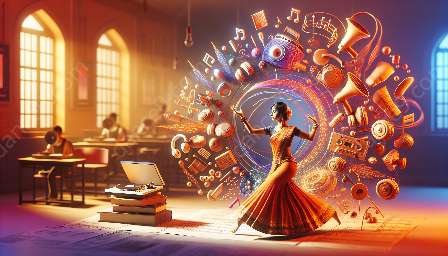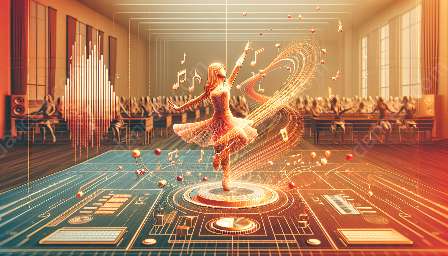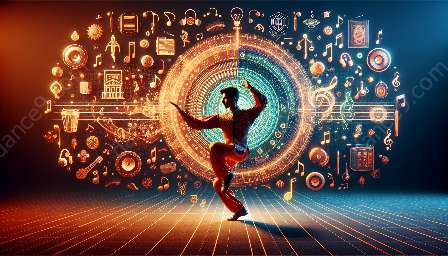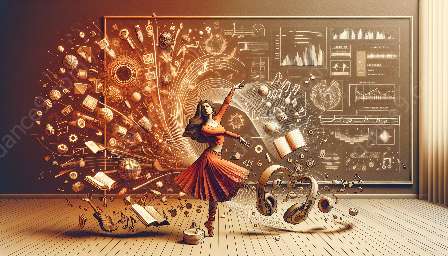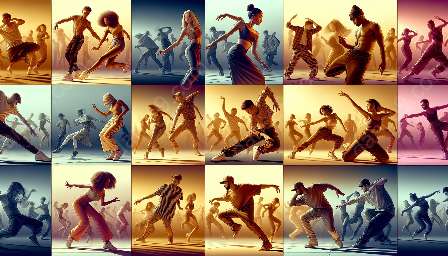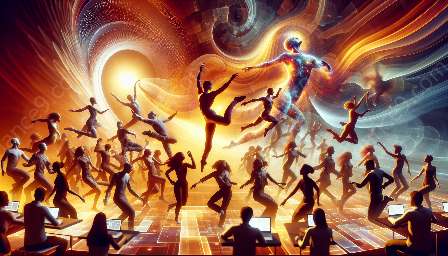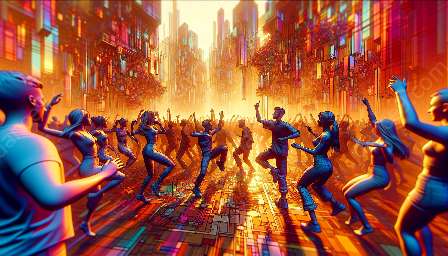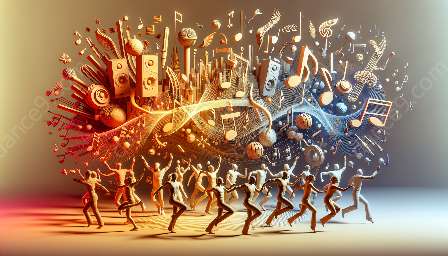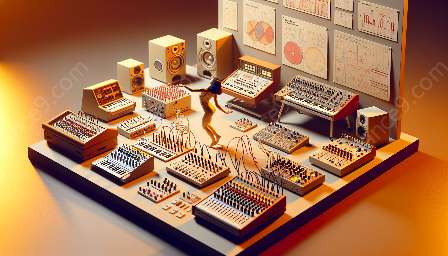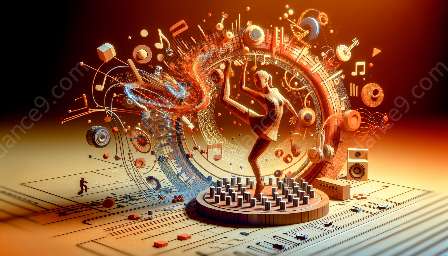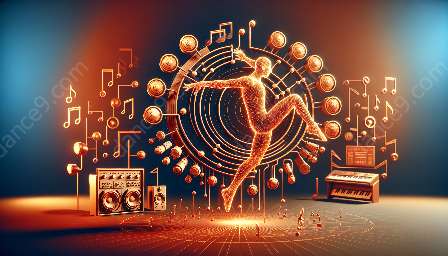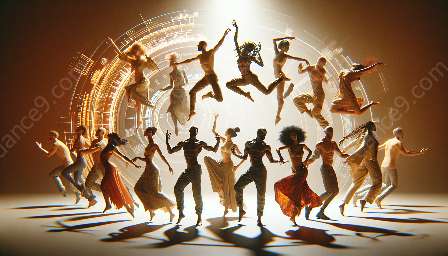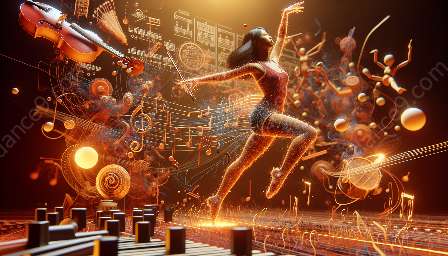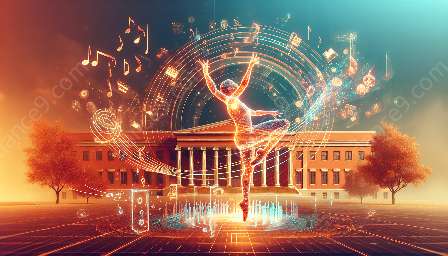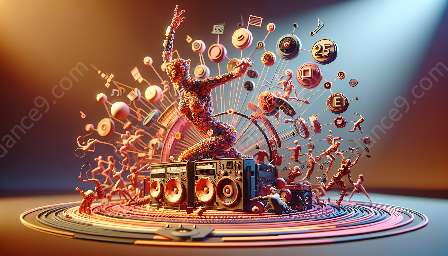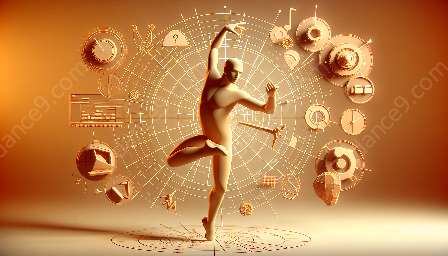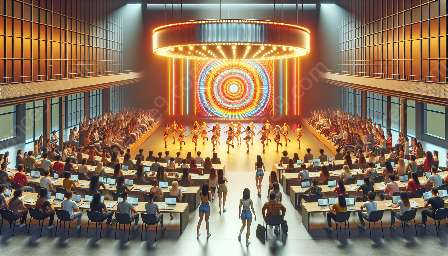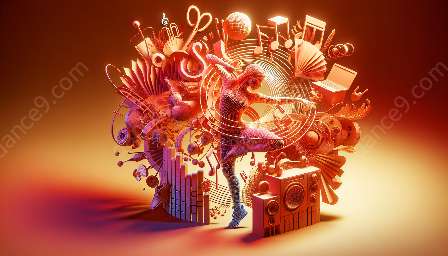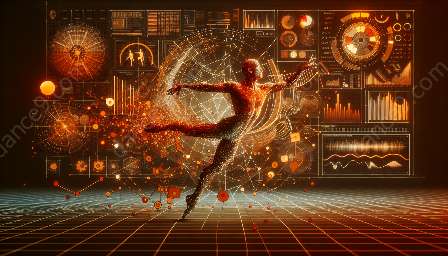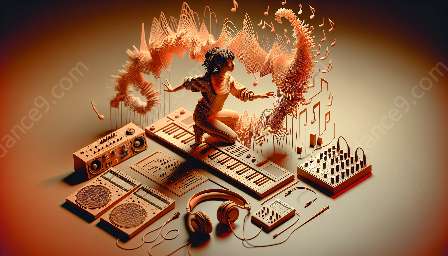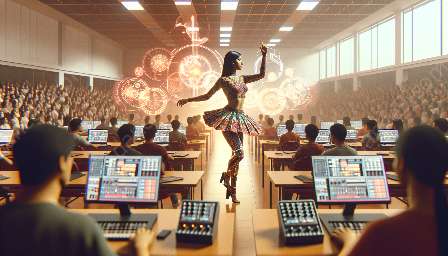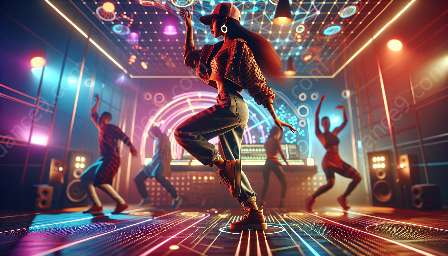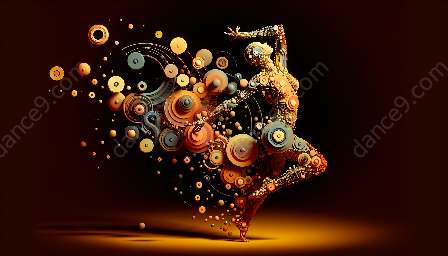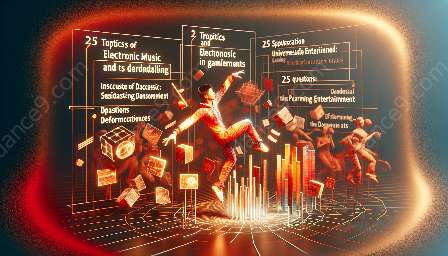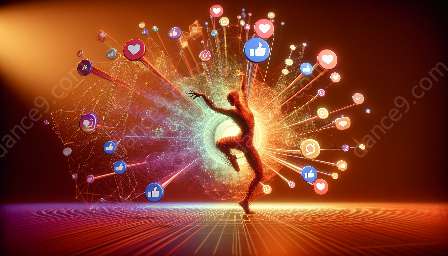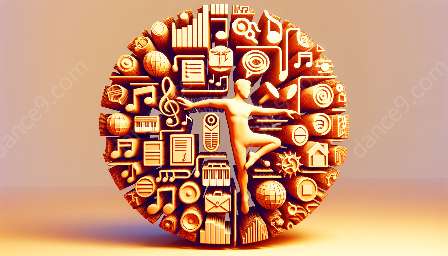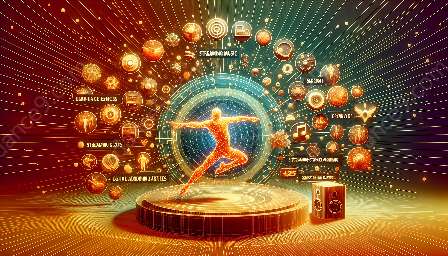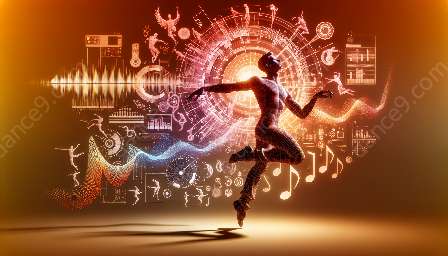Electronic music and dance have seen a significant rise in popularity in recent years, largely due to the influence of social media. The role of social media in the dance and electronic music scene cannot be understated, as it has affected performers in many ways, both positively and negatively. In this topic cluster, we will delve into the psychological impacts of social media on electronic music and dance performers, exploring how it has shaped their careers, mental health, and creativity.
Role of Social Media in Dance & Electronic Music
Social media has become an integral part of the dance and electronic music industry, offering performers a platform to share their music, connect with fans, and build their brand. Platforms like Instagram, Facebook, and TikTok have allowed performers to reach a global audience, bypassing traditional gatekeepers and creating direct connections with their fans. Social media has also facilitated collaborations between artists, enabling them to create innovative and diverse music.
Impact on Mental Health
While social media has provided performers with unprecedented opportunities, it has also taken a toll on their mental health. The pressure to maintain a carefully curated online persona can lead to anxiety, depression, and feelings of inadequacy. Performers may also face cyberbullying and negative comments, which can erode their self-esteem and confidence. The constant need to stay engaged with social media can disrupt performers' work-life balance and lead to burnout.
Shaping Creativity and Artistry
Social media has influenced the creative process of electronic music and dance performers. The quest for viral content and instant gratification has led to the commodification of artistic expression, often overshadowing the authentic and experimental aspects of the art form. Performers may feel pressured to conform to popular trends and mimic successful acts, compromising their artistic integrity.
Building Supportive Communities
Despite its drawbacks, social media has also played a vital role in building supportive communities within the dance and electronic music scene. Performers have been able to connect with like-minded individuals, share their experiences, and find solidarity in their struggles. This has strengthened the sense of belonging and camaraderie within the community, fostering collaboration and mutual support.
Conclusion
In conclusion, social media has had a profound impact on electronic music and dance performers, affecting their mental well-being and creative expression. While it offers unprecedented opportunities for exposure and collaboration, performers must navigate the challenges of maintaining a healthy balance in their online presence and protecting their mental health. Building supportive communities and promoting authentic artistic expression can help mitigate the negative effects of social media, allowing performers to thrive both professionally and personally.

